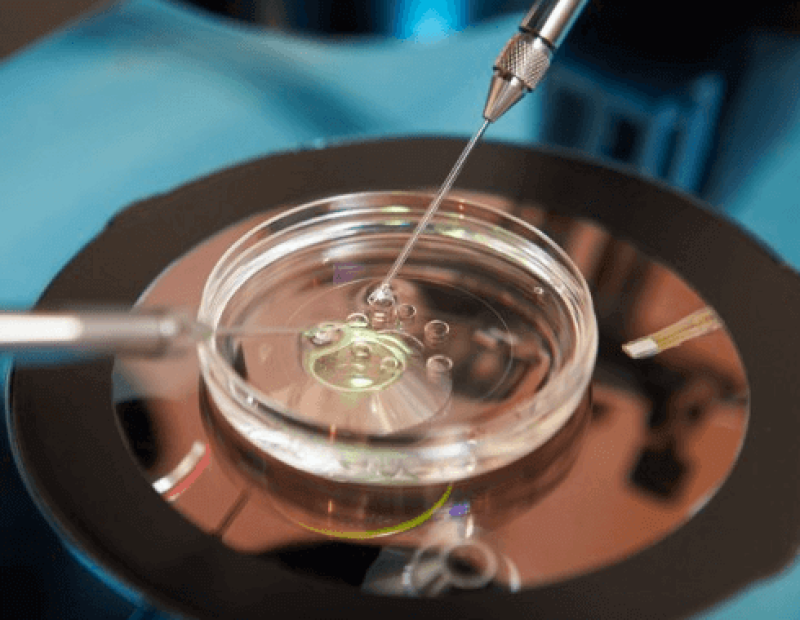It was a first for the entire world: Using a controversial in vitro fertilization technique, doctors in Kiev, Ukraine, helped a previously infertile couple conceive and deliver a baby girl. Some critics say, for genetic reasons, the use of this IVF method should have been restricted to producing a baby boy.
The baby was born on January 5, the result of an experimental technique known as “pronuclear transfer” and sometimes referred to as three-parent IVF.
…
The reason this experimental method is a cause for concern — and was vigorously debated in the UK before approval — is the genetic modifications produced in a girl baby could be passed onto her children, according to Lori P. Knowles, adjunct assistant professor at the University of Alberta School of Public Health.
…
“It doesn’t really matter whether [future children] will inherit it in the future, since it is all normal mitochondrial DNA so theoretically there won’t be any issues,” said [Dr. John Zhang, founder of the New Hope Fertility Center in New York.]
The GLP aggregated and excerpted this blog/article to reflect the diversity of news, opinion, and analysis. Read full, original post: Controversial IVF technique produces a baby girl — and for some, that’s a problem































